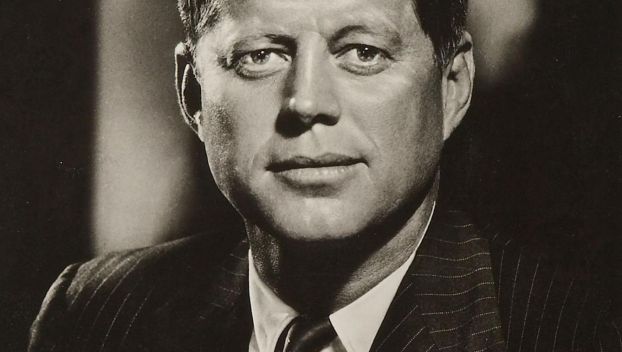
Cnhi Network
JFK at 100: Why we still cherish his memory
On May 29, the nation commemorates the 100th anniversary of John F. Kennedy’s birth. It’s worth noting on ... Read more

On May 29, the nation commemorates the 100th anniversary of John F. Kennedy’s birth. It’s worth noting on ... Read more